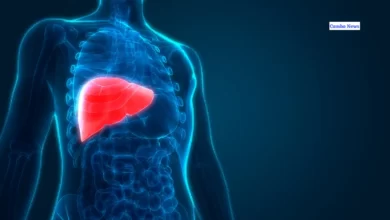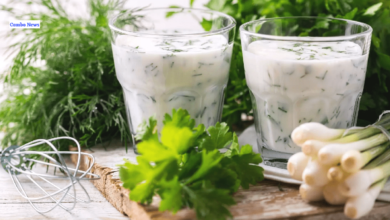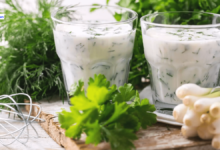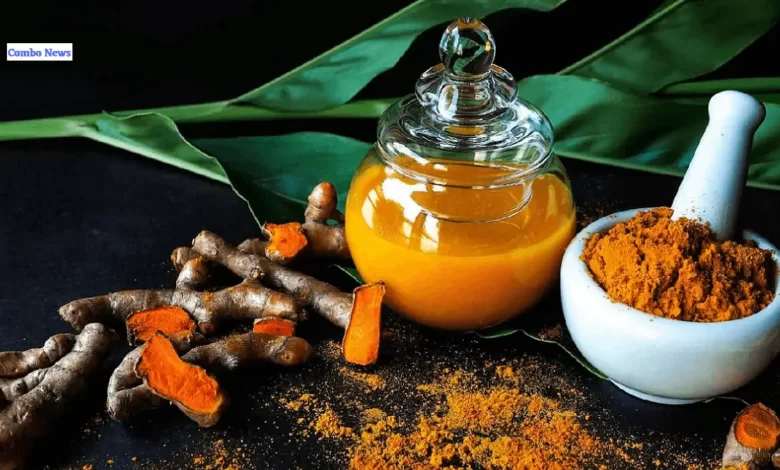
Although turmeric is thought to contain over 100 different substances, most of its purported health benefits of turmeric are connected to substances known as curcuminoids.
People have been using turmeric for more than 4,000 years. In addition to being used in cooking and cosmetics, it has long been a mainstay of the Ayurvedic medical system, which uses it to cure anything from arthritis to wind.
Turmeric is still a well-liked health supplement nowadays. The benefits of this spice for anything from cognitive function to lowering pain and inflammation are widely reported in articles and social media posts.
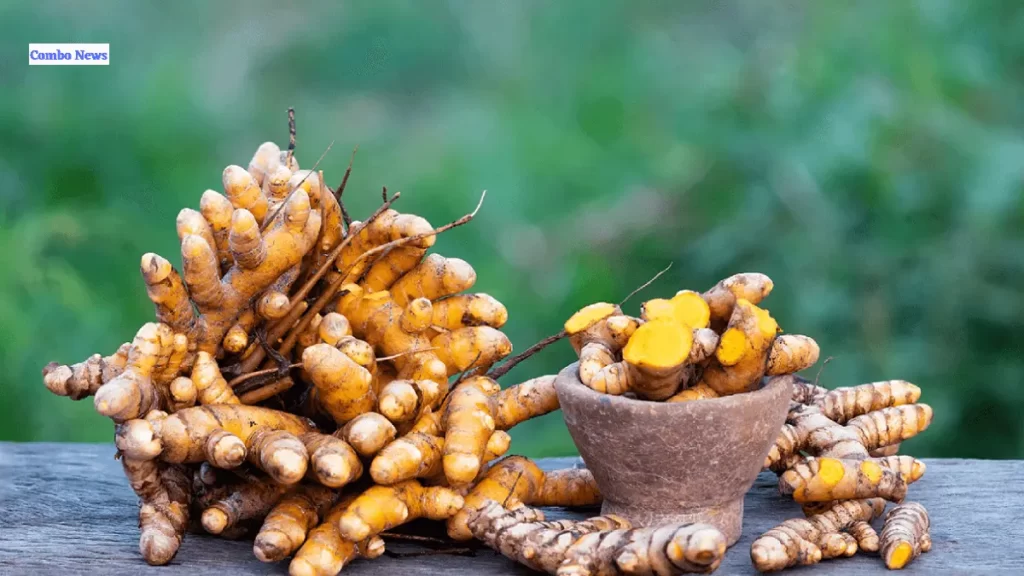
While some of these assertions are supported by data, the majority of this study is conducted on cells and animals, making the impact on humans less certain.
Health Benefits of Turmeric
Although turmeric is thought to contain over 100 different substances, most of its purported health benefits are connected to substances known as curcuminoids.
Plants frequently produce phenolic compounds, or molecules, as colors or to deter animals from eating them. These molecules include curcuminoids. This is also how turmeric gets its characteristic color, and it has the power to alter cellular processes.
Also Read | Symptoms of a thyroid condition Problem: which can go undiagnosed for years
These phenolic chemicals, which have been demonstrated in the lab to have an antioxidant impact, have been connected to many of the possible health benefits of turmeric.
Free radicals are a dangerous class of molecules that can cause inflammation and have also been related to heart disease and cancer. Antioxidants are compounds that stop or decrease the damage produced by these molecules.
Although turmeric has anti-inflammatory properties, many health advantages brought about by this impact have only been demonstrated in laboratory settings (using cells) or in animals.
For instance, one gramme of curcumin per kilogramme of body weight was given to obese mice in one study. They discovered that, after 12 weeks, animals given curcumin had identical gains in brain function and reduced levels of liver inflammation as mice on a weight-loss regimen.
Helps in reducing pain
However, turmeric is extensively marketed as an anti-inflammatory supplement for a variety of illnesses, including joint pain and arthritis, despite the absence of human studies demonstrating benefits.
One review’s findings suggest that turmeric supplements may have a small pain-relieving effect in human studies when compared to a placebo, and in some situations may even be as effective as non-steroidal anti-inflammatory medicines.
However, the research that made up this review seems to be of varying quality. Many studies used a very small sample size and varied greatly in how much turmeric individuals received. This makes it challenging to promote turmeric as a clear pain reliever.
Due to its antioxidant effects, turmeric has also been said to offer anti-cancer qualities. Curcumin has been demonstrated in the laboratory to undo DNA alterations in cells that lead to breast cancer. It is less certain, however, if turmeric lowers the risk of cancer or helps with therapy in people.
However, some study suggests that taking a turmeric gargle could lessen radiotherapy’s adverse effects in patients with head and neck tumours.
In one scientific experiment, it was discovered that ingesting 120 mg of curcumin was associated with fewer cancer-causing polyps for those with familial adenomatous polyposis, a rare hereditary illness that can be a marker of the early stages of cancer. This suggests that it may also be beneficial for those with the condition.
Also Read | Early-life influences are significant, according to a new study on lung health
Research has examined whether turmeric helps improve brain function because inflammation has been connected to several illnesses affecting cognitive health, including dementia. It’s unknown at this time whether turmeric has any impact.
The majority of human studies have been quite small, with inconsistent dosage, study designs, and methods for measuring cognitive effects. Again, this makes it challenging to determine whether turmeric has a true impact or whether any cognitive gains are the result of unrelated causes.
Is turmeric effective?
Getting turmeric from our guts into our bloodstream is a significant obstacle to its ability to act in our bodies. Due to its size and poor solubility in water, curcumin can be difficult for the body to absorb into the bloodstream.
However, other research indicates that turmeric affects the microorganisms in our bellies to function. This may imply that turmeric doesn’t need to enter the bloodstream to have health advantages because it is already absorbed through our guts, though additional research is needed to see whether this is true in humans.
The quantity of turmeric required to reap the advantages is another problem. Only curcumin extract, which makes up only approximately 3% of turmeric powder itself, is employed in many investigations. It would be challenging to obtain a similar dose of curcumin for these effects to be noticed in a human, even in supplement form, as several studies have given greater than 1g of curcumin per kilogramme for a mouse or rat.
Turmeric is a fantastic spice that gives meals a delicious, natural yellow colour and earthy flavour. However, it’s not entirely apparent how its alleged advantages would affect human health. Enjoy turmeric as a food spice and color, but don’t count on it to offer significant health advantages or to prevent, treat, or cure disease.
Also Read | Is Obesity Linked with Male Infertility?



